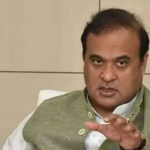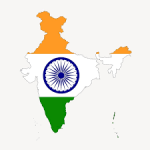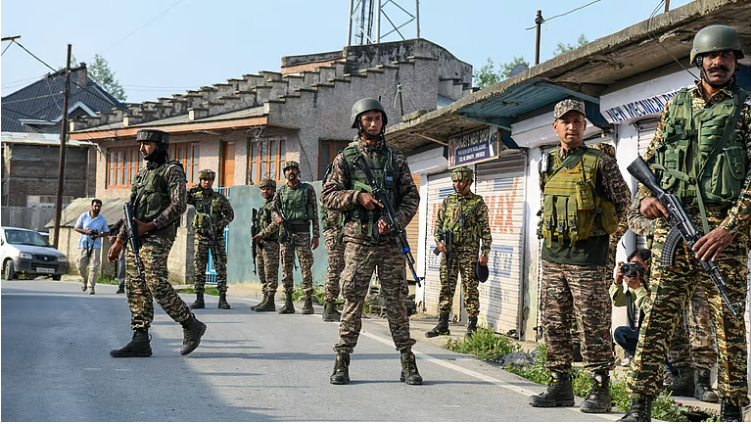Tensions between India and Pakistan escalated dramatically as India conducted airstrikes on three key Pakistani airbases—Nur Khan in Rawalpindi, Murid in Chakwal, and Rafiqui in Jhang. This action followed a public statement made by Pakistan’s military spokesman, Lt Gen Ahmad Sharif Chaudhry, during a news briefing earlier that day. The airstrikes are perceived as a retaliation against a series of drone attacks allegedly orchestrated by Pakistan on Indian territory late Friday. India’s response comes in the wake of numerous Pakistani drone assaults that targeted 26 locations across the Indian states of Jammu & Kashmir, Punjab, Rajasthan, and Gujarat, resulting in injuries to three civilians from an armed drone strike in Ferozepur, Punjab.
Additionally, early Saturday morning, multiple explosions were reported in various cities of Jammu and Kashmir, including Srinagar, Jammu, Rajouri, and Udhampur, amid intensified Pakistani shelling. The precision and scale of India’s air counterstrike suggest a significant escalation in hostilities. Consequently, the Pakistan Civil Aviation Authority suspended all flights from 3:15 a.m. to 12:00 p.m. on May 10, 2025. As the military conflict escalated, international concerns regarding regional stability emerged. The Group of Seven (G7) nations—Canada, France, Germany, Italy, Japan, the United Kingdom, and the United States—along with the European Union, released a joint statement urging both India and Pakistan to exercise maximum restraint. The statement also condemned the April 22 Pahalgam terror attack in Kashmir, which resulted in the deaths of 26 individuals, primarily tourists.









